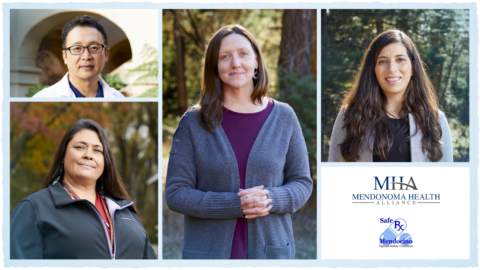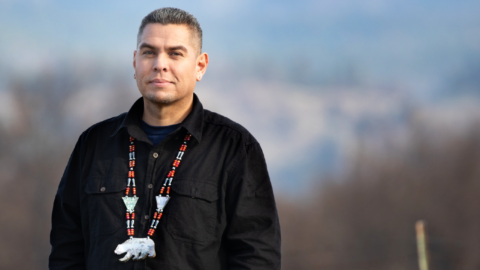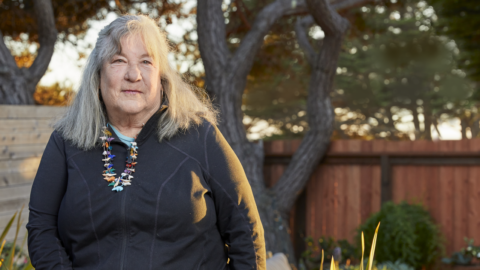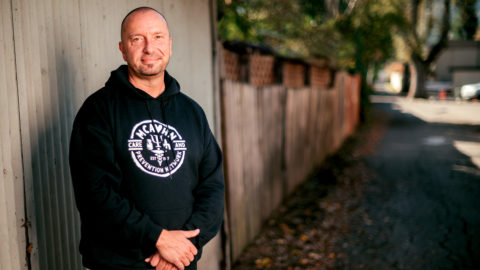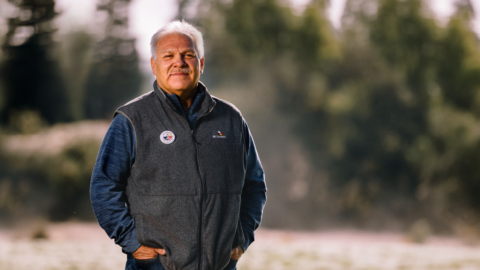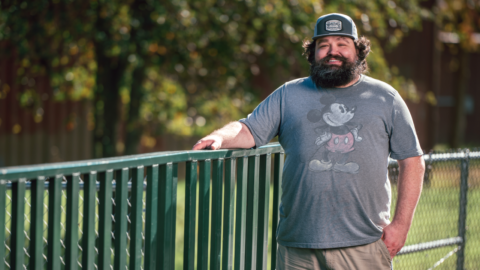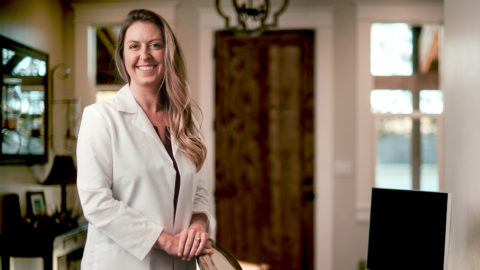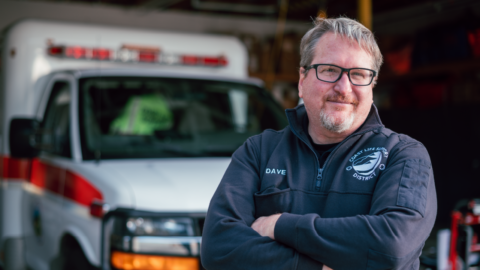The first thing Shawn starts with is always: “How can I help you?” Whether clients are looking for clean needles or information about rehab options, Shawn is grateful for the opportunity to support others at the Mendocino County AIDS/Viral Hepatitis Network (MCAVHN)—without shame or stigma.
Shawn has been on the other side of this exchange, as someone seeking support for drug use. So he’s familiar with the challenges and obstacles faced by their clients.
During his childhood, drugs were a regular part of his family experience. “I didn’t know any other way,” he says. “I was taught how to be a drug dealer. I put drugs ahead of everything.”
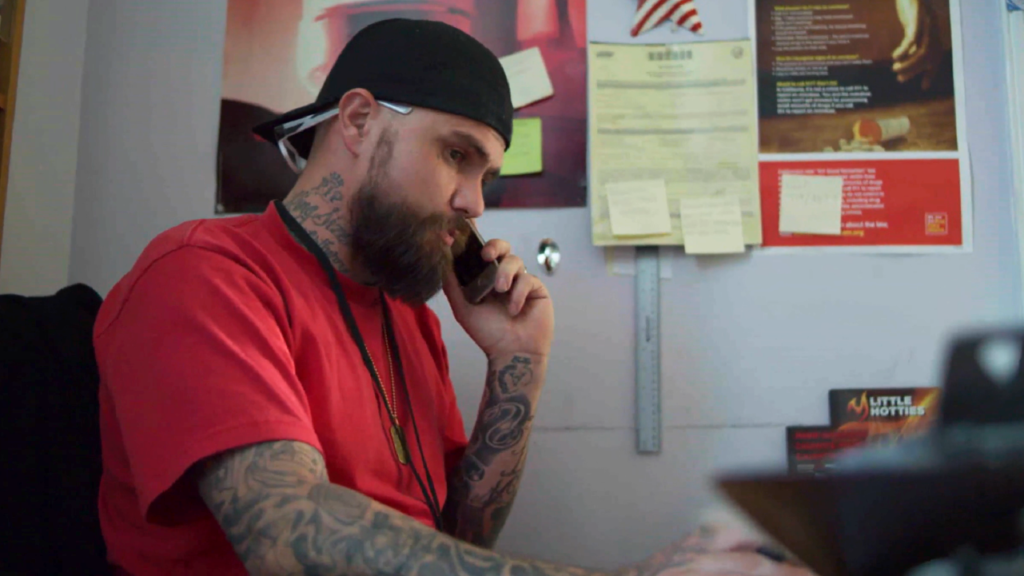
Committing to change
After becoming a parent himself, everything changed when his own children were taken into custody by Child Protective Services as a result of his addiction. With the threat of losing his family to the foster care system, Shawn committed to recovery.
“When they took my kids, that was my rock bottom,” he says. “That was the beginning of me changing.” He went through a 35-day rehab program and then started doing every class available: substance use disorder treatment; anger management; criminal and addictive thinking; relapse prevention; and parenting classes. He’s covered the bases.
In addition, Shawn began volunteering his time at MCAVHN, supporting other new clients. He logged hundreds of hours volunteering in just a few months. His impact in the office was noticeable. “It’s amazing to watch him,” says Executive Director, Libby Guthrie. “He knows what it’s like to be marginalized, to be on the outside.”
Helping others navigate rehabilition
Today, Shawn works full-time as a health navigator and manages the needle exchange program. “I love my work,” he says. “I never thought I’d have a job where I wake up in the morning and think, ‘Hey I get to go to work today!’”
As a Native American, he’s made a particular impact creating new pathways for on-site services to the local reservation community. He worked with the leadership at Sherwood Valley Rancheria to begin offering needle exchange services there.
“Harm reduction is giving somebody the ability to help themselves and stay alive,” says Libby Guthrie. Today, that important work includes services like needle exchanges, because the reality is “people are going to continue to use until they don’t.”
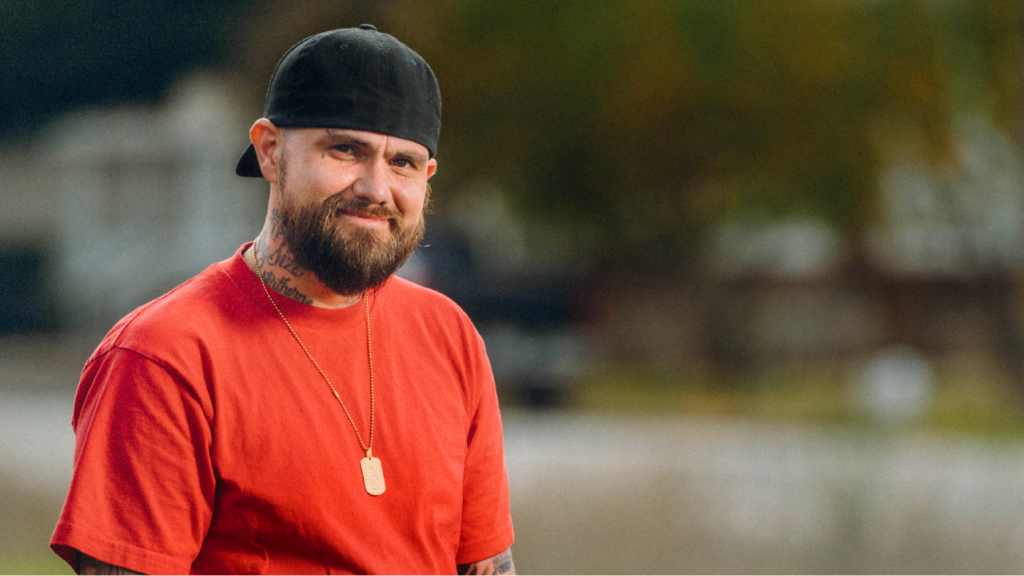
Moving forward
Shawn is grateful to be reunited with his children and living together in comfort, safety, and stability. He recently graduated from the court-supervised addiction treatment program and closed his case with CPS. His kids have everything they need, enjoy family vacations together, and recently got a new puppy.
When he talks to his kids about their time in foster care, it still weighs heavily on Shawn. But as his oldest daughter reminds him: “It’s okay, Daddy. We’re home now.”


